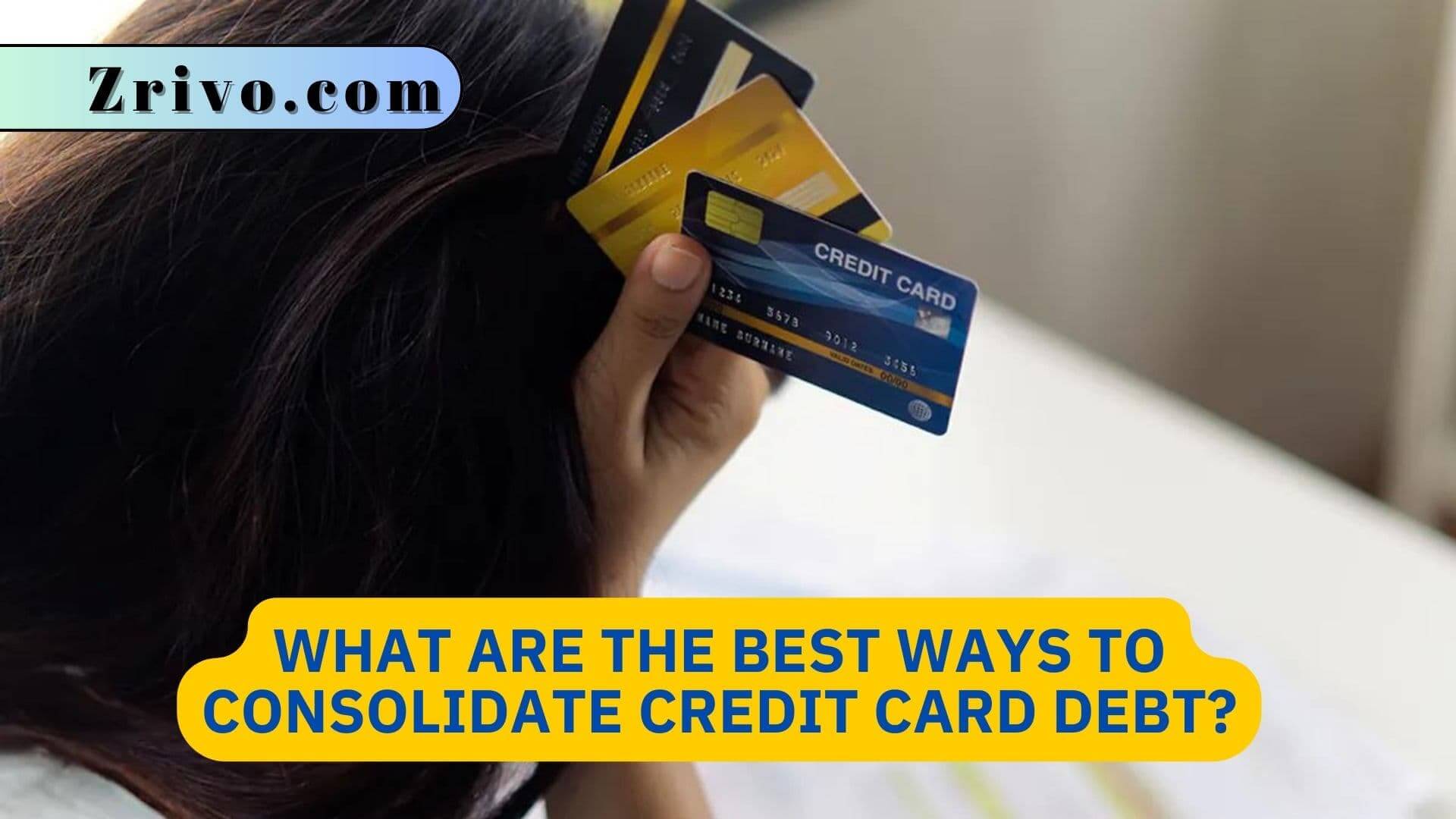
If you’re struggling to keep up with credit card payments each month, consolidating your debt could be an effective strategy. Debt consolidation involves moving multiple debt balances into one, often with a lower interest rate to help save you money in the long run. This can be done through a variety of ways, including taking out a personal loan, using a balance transfer card, or borrowing from your retirement savings account. The key to success in debt consolidation is having a plan that fits your current financial situation and will put you on track to paying off the debt. That’s why it’s important to research your options before proceeding with any debt consolidation strategies.
Whether you seek credit counseling, use a balance transfer card, or borrow a debt consolidation loan, your goal should be to interrupt the cycle of high-interest charges and pay off what you owe. But remember, no matter which consolidation route you take, it’s critical to be disciplined and not recharge your cards once they’ve been paid off. Otherwise, you may find yourself back in a vicious cycle of debt that will only add more interest to what you already owe.

Can My Credit Debt Be Forgiven If I Consolidated?
As long as you make payments on time and don’t carry a balance, debt consolidation can positively impact your credit scores. However, depending on the method you choose and your ability to stick with a payment plan, you may see a hit on your credit initially, and then your scores rebound. This is because a new loan, such as a personal loan or debt consolidation program, usually requires a hard inquiry to establish the terms and rate.
If you opt for a debt consolidation program, be sure to find one that offers a monthly payment lower than your total minimum credit card payments and has a low-interest rate. Also, be sure that it will allow you to keep your existing cards so you can continue building a healthy credit mix.
Another credit card debt consolidation option is a 0% interest balance transfer credit card. This strategy can help you move high-interest debt to a new account, where you can pay it off in less than a year and save money on interest costs.
You can even use a home equity line of credit or personal or auto loan to pay off revolving debt. These types of loans typically require a hard inquiry and can hurt your score temporarily, but they can provide you with a longer term to pay off debt and help reduce your credit utilization ratio — which is one of the biggest factors that determines your scores.